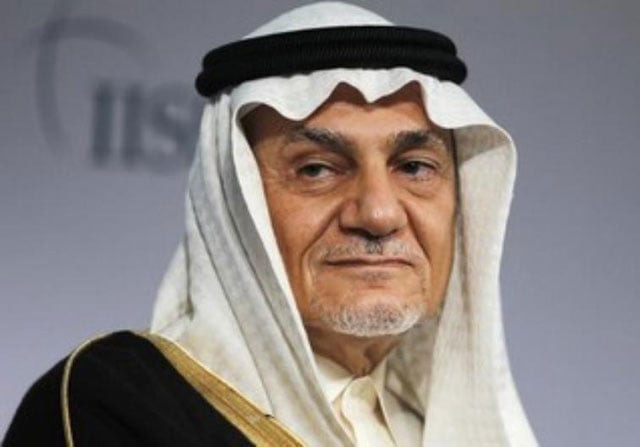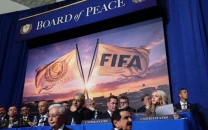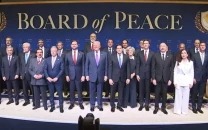Former investment chief is new Saudi ambassador to Washington
Seven-decade-old alliance between Washington and Riyadh has been strained in recent years over Arab Spring uprisings

Prince Abdullah bin Faisal bin Turki Al Saud. PHOTO: REUTERS
The seven-decade-old alliance between Washington and Riyadh, one of the most enduring pillars of the Middle East's strategic architecture, has been strained in recent years by disagreements over the aftermath of the Arab Spring uprisings.
I am a prince and I do what I want, said drugged-up Saudi royal
However, the United States remains an irreplaceable partner for Saudi Arabia as its main security guarantor and defence supplier. Washington in turn, despite its own low imports of Saudi oil, sees stability in the world's top crude exporter as essential for the world economy.
Although Prince Abdullah is from a side branch of the Al Saud ruling family, rather than being descended from a son of the kingdom's founder King Abdulaziz, he is a nephew of King Salman through his mother, Louloua bint Abdulaziz.
"It is definitely a sign of how seriously King Salman takes the American relationship," said Robert Lacey, author of Inside the Kingdom, a book about modern Saudi Arabia.
Born in 1951, Prince Abdullah, known by his initials AFT during his stint as governor of the Saudi Arabian General Investment Authority (SAGIA) from 2000-2004, was a familiar figure among Western businessmen and diplomats.
His tenure at SAGIA coincided with the kingdom's most ambitious period of economic reforms, during which it negotiated accession to the World Trade Organisation and opened swathes of its closeted economy to foreign and private investors.
Saudi prince arrested on sex crime charge is late King Abdullah's son: report
Previously, he had overseen the development of Saudi Arabia's two main industrial cities as Secretary General of the Royal Commission for Jubail and Yanbu from 1985. During his visit to Washington last month, King Salman made strengthening investment ties between the countries a priority.



















COMMENTS
Comments are moderated and generally will be posted if they are on-topic and not abusive.
For more information, please see our Comments FAQ